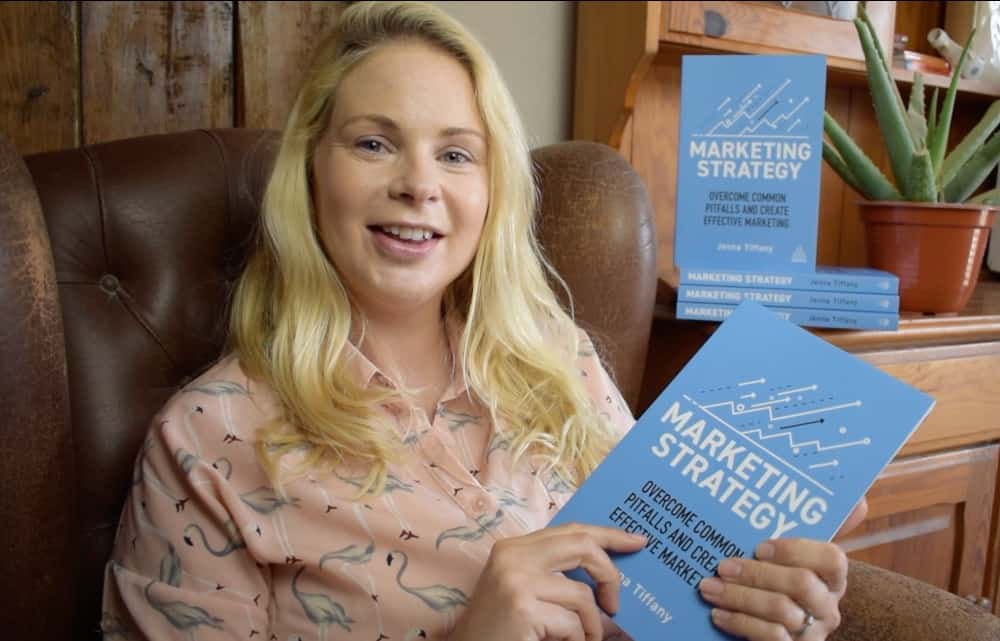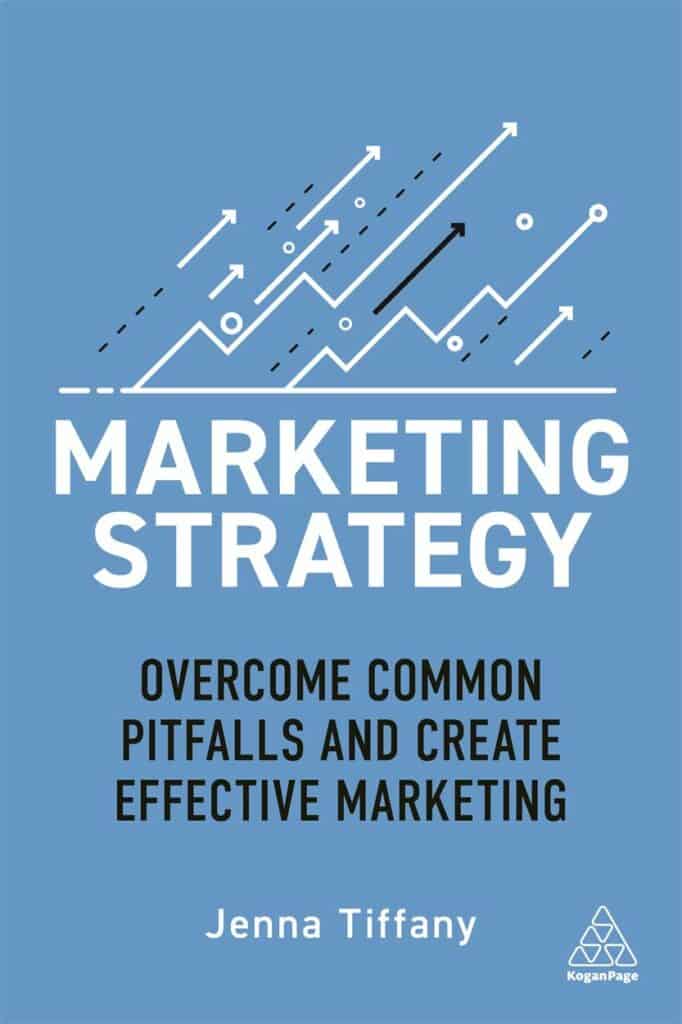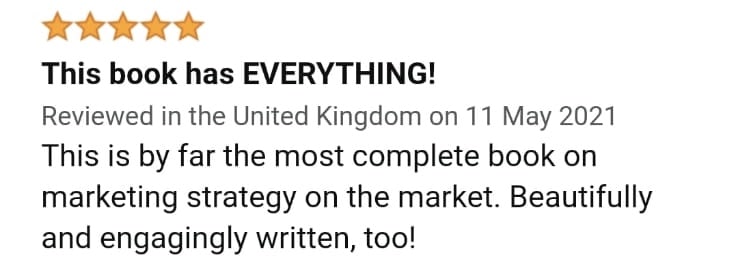The S in the STRATEGY Framework stands for Scenario. Here’s how you can use it to launch award-winning campaigns.
If you’ve been following my blog, you’ll know all about my innovative new framework for building a campaign: STRATEGY.
STRATEGY takes you through every step you need to create, launch, steer, and analyse any campaign from scratch. You can read all about it in detail in my new book, ‘Marketing Strategy’ (which you can buy here!)
Right now, however, I’m going to take you through the S of STRATEGY: Scenario.
What is ‘Scenario’, and why should I care?
No campaign is an island. There are loads of forces and factors to consider before you even get to the drawing board.
The Scenario stage is all about looking at the context of your campaign. It’s about taking stock of what you have (and haven’t!) got available to you. It’s about learning the ways your campaign might be affected by outside forces, and the ways in which you can mitigate (or take advantage of) this.

A good Scenario analysis provides a strong foundation for building your strategy. It’s like assessing the weather conditions and lie of the land before setting up a camp – essential if you don’t want your camp(aign) to get swept away in a ‘storm’!
There are plenty of frameworks you can use to help establish your Scenario. In my book, I go through all of these in detail, with exercises to help you understand how you can personally make use of each model.
To get you started, here’s a quick rundown of the two most Scenario frameworks, plus an introduction to two game-changing new ones:
SWOT & PESTLE
I’ll be very surprised if you’ve not heard of SWOT & PESTLE. They’re familiar old favourites which have been taught on every strategic analysis course for decades.
SWOT
SWOT stands for Strengths/Weaknesses/Opportunities/Threats. It is mainly used to analyse the internal factors which may affect a project. A SWOT analysis is all about looking at the resources (and limitations) your brand/team have to work with:
Strengths. What is your team really good at? What do you have that others lack? What skills, resources, or qualities give you an edge over the competition?
Weaknesses. What do your competitors have that you don’t? Where do you need to improve, and what can you do to make that improvement?
Opportunities. How can you capitalize on your strengths, or turn your weaknesses into opportunity? Are there any trends right now that could work in your favour?
Threats. What is likely to derail your campaign?
A SWOT analysis should give you some idea of what you’re working with. Advancing to PESTLE will give you a bit more context.
PESTLE
A PESTLE analysis is all about the external factors that could impact your campaign. PESTLE stands for Political, Economic, Social, Technological, Legal and Environmental. By analysing each of these factors, you will gain a greater understanding of how the big, wide world will receive (and affect!) your campaign.
Political. What kind of global issues and regulations could affect your campaign? For example, Brexit has meant changes to the way many of us conduct our business. Factors like this can have a huge impact on your marketing.
Economic. Economic factors are always important. What is consumer confidence like right now? How high is inflation? Is the economy in general looking positive or negative? All of this will influence how likely people are to buy what you’re selling.

Social. Trends, lifestyles, zeitgeists…what’s gripping the public imagination at the moment? Are there any social trends, pressures, or concerns that could impact your campaign? For example, a lot of marketers had to pivot their messaging when Covid-10 hit, because PESTLE told them that their old messaging was not appropriate for the new social environment.
Technological. Technology plays a huge role in how consumers interact with campaigns. What technology does your audience use, and how can you turn this to your advantage? Keep an eye on innovative new tech, too – you could use it to do something totally unique!
Legal. Are there any legal issues you need to watch out for? For example, might you run into copyright claims, or fall foul of the GDPR?
Environmental. Who or what might your campaign hurt? What are the environmental issues associated with your product? We are living in the era of the consumer with a conscience – people don’t want to support unethical business. If you are ethical – how can you make this clear to the consumer? If you aren’t, how can you change that?
Both SWOT and PESTLE have been used for years to lay strategic foundations. And they’re both as useful today as they were when they first appeared on the scene.
However, your competition also knows about SWOT and PESTLE. They’ll be expecting you to use them – and they’ll be using them themselves.
To get a real edge, you need to add something extra to your analysis.
That’s why I’ve created two extra frameworks: SWOTELL and COMPETE.
SWOTELL & COMPETE
I don’t want to give too much away here, but I’m personally pretty proud of these frameworks.
They take your Scenario analysis several steps further than SWOT and PESTLE can manage. They’ll give you an advantage that will leave your competitors far behind.
You’ll need to buy my book to get the full story (buy it at discount here!) Here’s why it’s worth making the investment for these new frameworks alone:
SWOTELL

“SWOTELL adds further actionable areas to your assessment. It tells you exactly where the business needs to make strategic preparations. The ELL factors are purely marketing focused and remain aligned to the specific organisation. However, they also incorporate external marketing factors (such as engagement) to determine what’s currently effective, the limitations you face, and what you can leverage to advance even further.”
SWOTELL is the traditional SWOT, but with an extra focus on the marketing sphere. The ‘ELL’ on the end stands for Existing/Limitations/Leverage.
All in all, SWOTELL boosts your SWOT analysis with action-based (and actionable) insights. It gives you practical pointers to help you position your strategy.
COMPETE
Both SWOT and PESTLE delve briefly into your competitors – but never in any great detail.
That’s a problem. Your competitors are a huge part of your marketing context – and you underestimate them at your peril!
COMPETE will help you gain a good understanding of your competitors. This will in turn help you to position your campaign in a way that shows you in your best light – that makes you look amazing compared to the competition.
COMPETE stands for:
- Current operators
- Offering
- Marketshare
- Price
- Expertise
- Target
- Employees.
I go into detail about how each of these factors work in my book, Marketing Strategy: Overcome Common Pitfalls and Create Effective Marketing.
Here’s how I described the advantages of using the COMPETE framework in my book:
“A COMPETE analysis provides a complete overview both of your competitors and of the marketplace that you’re competing in. This will make you much more aware of your organization’s challenges, the opportunities in the marketplace, and the competitors you should keep a close eye on.
You can then action these findings to adapt, improve, or stop something you’re doing. All of this leads to a distinct competitive advantage.“

Fully understand your Scenario with ‘Marketing Strategy’, by Jenna Tiffany
I’ve barely scratched the surface of what a good Scenario analysis looks like. This blog gives you the basics – but if you want to really nail this stage, my book ‘Marketing Strategy’ will give you all the tools you need to do it.
Chapter Two of ‘Marketing Strategy’ goes into detail about Scenario, how to analyse it, and how to turn that analysis into profitable action. Plus, you’ll find useful exercises, case studies, and interviews with marketing experts to bring the theories to life.
Order ‘Marketing Strategy’ today, and learn everything there is to know about strategic marketing!
Order your copy of the book today and get 20% discount


About Jenna Tiffany
Jenna Tiffany, award-winning marketer, has been recognized as one of the top 50 marketers to follow in the world. She is the Founder and Strategy Director at marketing agency Let’sTalk Strategy, providing strategic consultancy services across the digital marketing mix. She is a Chartered Marketer and awarded Fellow of the Institute of Data & Marketing (IDM) with over ten years’ marketing experience, and has consulted on marketing strategy with brands such as Shell, Hilton and World Duty Free.
Jenna is a keynote speaker, having spoken at hundreds of marketing events worldwide and is an elected member of the prestigious DMA UK Email Marketing Council. Jenna is also a qualified teacher regularly teaching marketing at universities. She regularly gets interviewed for her thoughts on marketing strategy and the latest trends.

